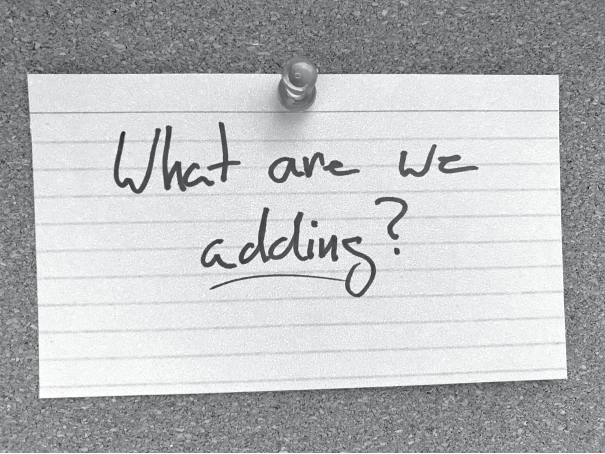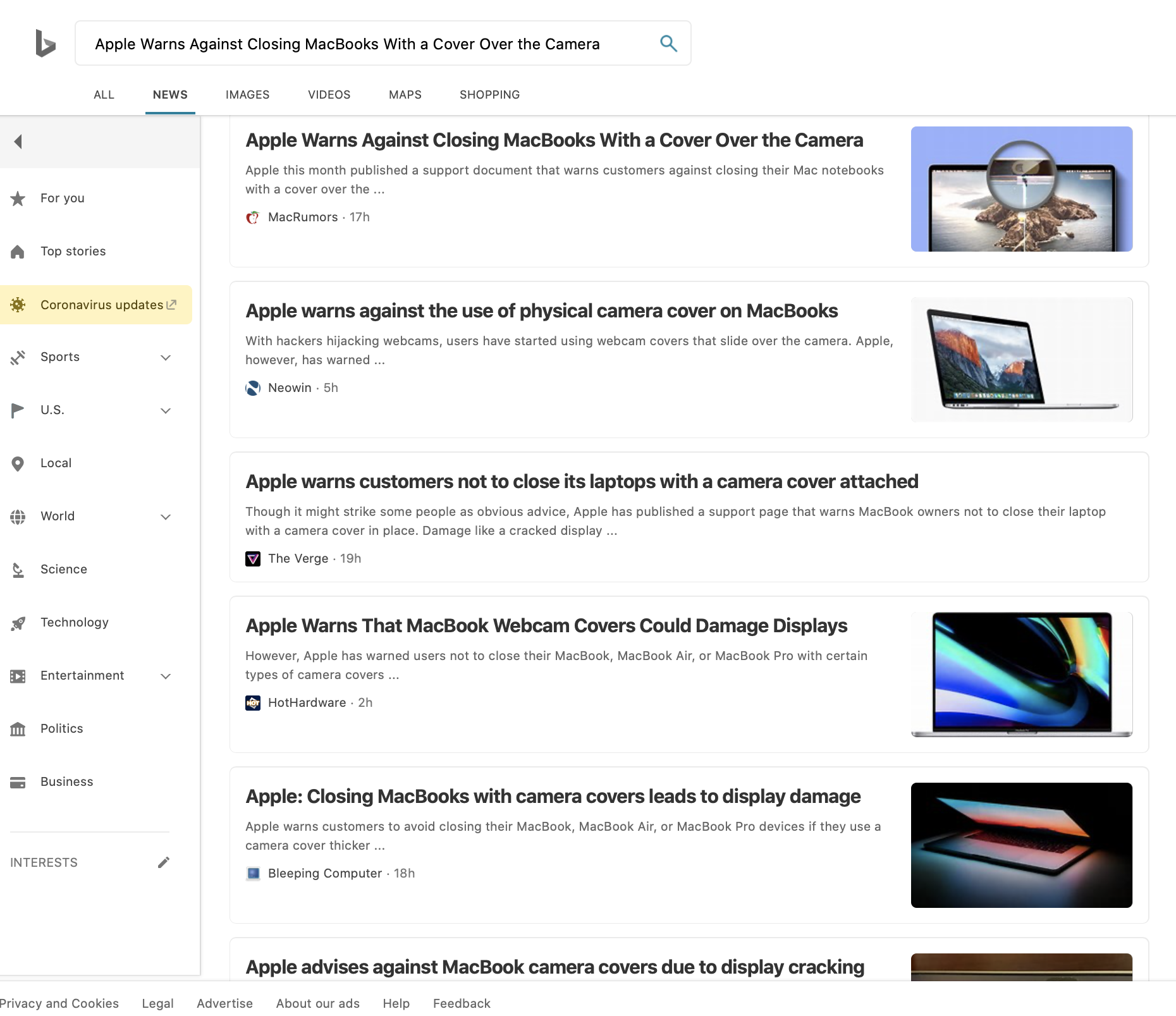We're all in publishing now; how do we get better at it?

After my last post, my dear grandmother wrote a quick reply to me saying it wasn't just that we needed more time, but we also needed knowledge and research.
She's absolutely right and it reminded me of the editorial question I've been asking myself (and the publishing the teams I've worked with) for years: What are we adding?
What Are We Adding?
When you're doing fictional writing, you're supposed to ask, "What's this story about?" That's the theme-focus that's intended to keep you from going off into a hundred different directions. To me, the analogous question in non-fiction is, "What are we adding?"
There's a quaint narcism in us that thinks "my opinion" is enough of an addition to the conversation that people ought to read it. But unless "my opinion" sits in the middle of a Venn diagram of "my expertise" and "the conversation topic", "my opinion" isn't contributory. There has to be something more: maybe a buried statistic, a little known fact, a quote, even just a turn of phrase. Something that adds a new note or a new timbre to the tune being played.
Adding is Leading
If you enjoy getting super depressed about the fourth estate (and, boy, do I ever!), take a headline from a news report and put it into Bing news. The results will be hundreds of "news" sites all with the exact same headline (Google news search seems to filter out these results, I can't tell if that's better or enabling):

The current state of "news" reporting is that one site writes an article, and hundreds of thousands of other "news" sites repackage it for their audience. That's because we don't have reporters; we have repeaters, which is the inevitable results of not asking, "What are we adding?"
Now, I'm sure the logic among the repeaters is, our audience hasn't seen the story, so news-to-them is news. And news –not reporting– is our editorial standard.
That's short sighted. Responsible repeaters (okay, okay, stop your snickering) will begin their news repeat with a line like "The Verge is reporting..." that includes a link to the original story. That means hundreds of sites are linking back to that story. That's cat nip to the algorithms. If you can get hundreds of people to link and click to you page, the pantheon of search engines will reward you (homework: assign each search engine to the Greek god or goddess that best fits them).
Far too many editors are willing to ride the coattails of the original headline, not realizing that if you can't be first, you can be second. If you will add a new piece of information to the original story, you'll get that same traffic from all the other coattail riders because they'll write, "UPDATE: So-and-so is reporting that..." and you're getting all that traffic by virtue of the fact that you added something.
There will always be an orc pit of repeaters willing to boost your story, but adding is leading and it's much preferable to being a contributor to the noise.
The problem is, most of us don't have a clue how much effort it takes to add something.
The 12:1 Ratio and Time Acknowledgment
Several months ago, I wrote a training course for high school students and I sat down with a director to discuss it. He hesitantly said that he really liked it, except for the part where I said the preparation-to-performance ratio was 12:1 (it takes 12hrs of prep time to make one hour of finished product).
I was adamant: it's going to take that long; we should be honest about it. He was adamant: if we tell them it takes that long, they'll never do it.
I think we're probably both right.
Too many of us have a flash of inspiration, sit down to write, but because we don't have a sense of how long it actually takes, we stomp on the gas and when we finally get up to 65mph, then we realize that, even at this speed, it's going to take us all day to get there.
That's when we quit.
Karen Worden recently kicked off her interview with Dr. Ken Atchity by quoting this little gem: most people who are very productive know exactly how long something takes them. Their point is that we can't do time management until we do time acknowledgment.
I was standing in the middle of Target when I heard this and had a revelation: the reason my blogging can get so time-crunchy is that it takes me four-to-six hours to write a post. If I try to do that all on Monday (my day off), then it won't be very good and it will feel like I'm under the gun.
But with a little bit foresight, some editorial direction, a good editorial guiding principle, and discipline to start to the pieces early, some of that can be eliminated.
So, by way of caution, we can't commit to being people who add things unless we're going to give ourselves the space we need to actually do it.
Saying No to the Big Lie
While I can get all judgey about the death of journalism, it's actually just the flourishing of human nature. Crappy reporters are just us: people hoping that clicks and likes demonstrate our relevancy to whatever the sentiment of the hour is. The project of reforming a cultural malady is the project of reforming ourselves.
And that brings us to The Big Lie we tell ourselves: "I have nothing to add."
Because we believe the big lie, we feel like the only thing we can add is our vote. We aren't looking to be intellectuals, we're looking to find intellectual champions who can make our case for us. That's how we end up spending our lives reading what other people say and giving them a thumbs up, but never contributing anything of our own.
I reject this sentiment and this practice. I believe every human has a God-given super power and each individual just needs to figure out what it is. Because once we know what it is, we can bring it to the table and be legitimate, helpful contributors who add to the conversation.

Member discussion